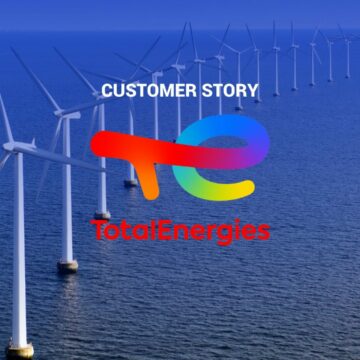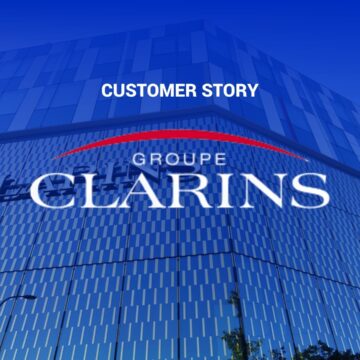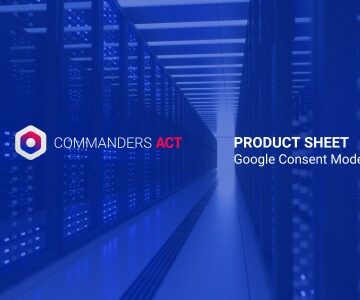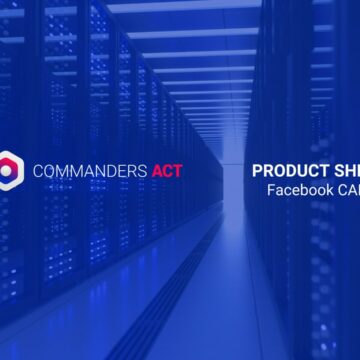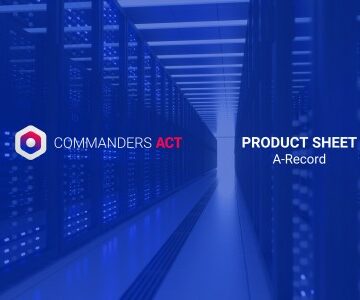Google Enhanced Conversions
27/04/2023 |
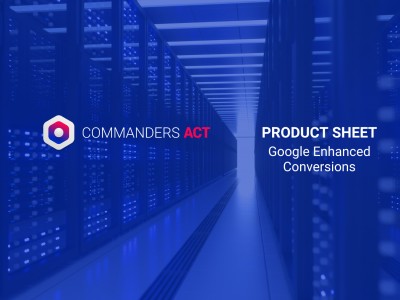
Google Enhanced Conversions, compatible with Commanders Act, is a feature that complements your conversion tags by sending first party data following a conversion on your website to Google while respecting privacy through a hash algorithm.
Find out how to set up this destination within the Commanders Act X platform!
